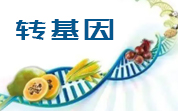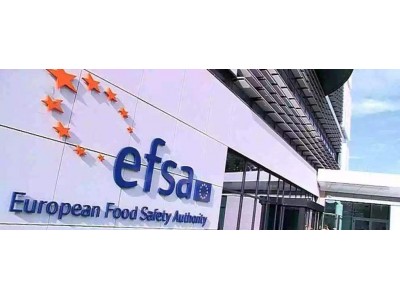гҖҖгҖҖйЈҹе“ҒдјҷдјҙзҪ‘и®Ҝ 2020е№ҙ5жңҲ29ж—ҘпјҢ欧зӣҹйЈҹе“Ғе®үе…ЁеұҖеҸ‘еёғе…ідәҺдёҖз§Қе…·жңүβ-и‘ЎиҒҡзі–й…¶пјҲβ-lysophospholipaseпјүе’Ң-β-жңЁиҒҡзі–й…¶пјҲβвҖҗxylanaseпјүжҙ»жҖ§зҡ„йЈҹе“Ғй…¶зҡ„е®үе…ЁжҖ§иҜ„дј°з»“жһңгҖӮ
гҖҖгҖҖжҚ®дәҶи§ЈпјҢиҝҷз§ҚйЈҹе“Ғй…¶жҳҜз”ұDuPontе…¬еҸёз”ЁйқһиҪ¬еҹәеӣ йҮҢж°ҸжңЁйңүпјҲTrichoderma reeseiпјүиҸҢж ӘDP вҖҗNya67з”ҹдә§зҡ„гҖӮиҝҷз§ҚйЈҹе“Ғй…¶ж—ЁеңЁз”ЁдәҺй…ҝйҖ иҝҮзЁӢгҖҒз”ҹдә§ж·ҖзІүе’ҢйәёиҙЁзҡ„и°·зү©еӨ„зҗҶд»ҘеҸҠи’ёйҰҸй…’зІҫз”ҹдә§дёӯгҖӮз»ҸиҝҮиҜ„дј°пјҢз”ұдәҺзјәд№Ҹи¶іеӨҹзҡ„жҲҗеҲҶж•°жҚ®пјҢ专家е°Ҹз»„е®ҢжҲҗеҜ№иҝҷз§ҚйЈҹе“Ғй…¶е®үе…ЁжҖ§зҡ„иҜ„дј°гҖӮйғЁеҲҶеҺҹж–ҮжҠҘйҒ“еҰӮдёӢпјҡ
гҖҖгҖҖSince residual amounts of the food enzyme are removed by distillation and during grain treatment, dietary exposure was only calculated for brewing processes. based on the maximum recommended use levels for brewing processes, dietary exposure to the food enzyme–Total Organic Solids пјҲTOS пјү was estimated to be up to 4.585 mg TOS /kg body weight пјҲbwпјү per day. Since the compositional data provided was insufficient to characterise the food enzyme batches used for toxicological testing, their suitability for use in the toxicological tests could not be established. As result, the toxicological studies provided were not further considered by the Panel. Similarities of the amino acid sequences to those of known allergens were searched and no matches were found. The Panel considered that, under the intended conditions of use, the risk of allergic sensitisation and elicitation reactions by dietary exposure cannot be excluded, but the likelihood to occur is considered to be low. In the absence of compositional data sufficient to characterise the food enzyme batches used for toxicological testing, the Panel is unable to complete its assessment of the safety of the food enzyme.
гҖҖгҖҖжң¬ж–Үз”ұйЈҹе“ҒдјҷдјҙзҪ‘йЈҹе“Ғиө„и®Ҝдёӯеҝғзј–иҫ‘пјҢдҫӣзҪ‘еҸӢеҸӮиҖғпјҢж¬ўиҝҺиҪ¬иҪҪпјҢиҪ¬иҪҪиҜ·жіЁжҳҺеҮәеӨ„пјҒжңүд»»дҪ•з–‘й—®пјҢиҜ·иҒ”зі»news@www.sqrdapp.comгҖӮ











 ең°еҢәпјҡ
ең°еҢәпјҡ






 йІҒе…¬зҪ‘е®үеӨҮ 37060202000128еҸ·
йІҒе…¬зҪ‘е®үеӨҮ 37060202000128еҸ·



